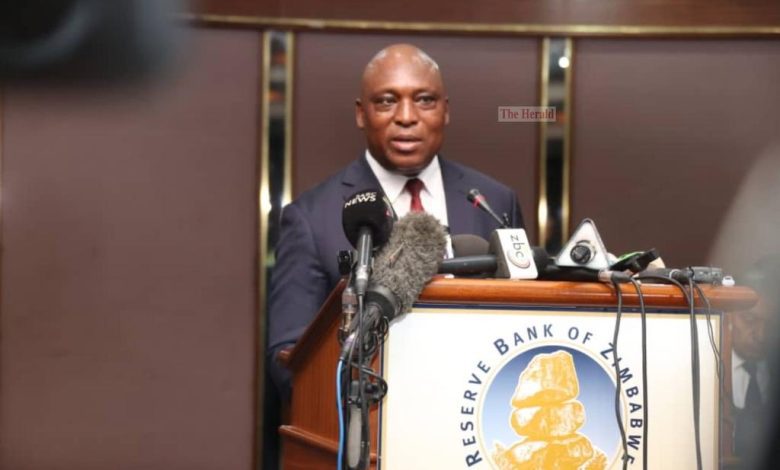Dealing with independent auditors
Independent external auditors are engaged to audit an entity’s books of accounts and express an opinion on whether the audited financial statements fairly present, in all material respects, the financial position of the entity and the results of its operations for a period.
External auditors do not certify but express an opinion on an entity’s financial statements based on their work.
Inter alia, they check whether the financial statements of an entity comply with International Financial Reporting Standards (IFRS) and applicable laws.
A set of financial statements includes the statement of financial position, statement of profit and loss and comprehensive income, statement of changes in equity, statement of cashflows and notes to the financial statements.
Worries over external audit reports
Independent external auditors may express one of the following audit opinions:
Unqualified or “clean” audit opinion.
Negative audit opinion in the form of a qualified opinion, adverse opinion or disclaimer of opinion.
Further, if auditors observe material weaknesses during their audit, they normally prepare a report to management. They detail their observations, recommendations and management responses thereto.
Companies worry over negative audit opinions due to the resulting scepticism. Further, management agonises over a report which exposes material weaknesses.
Advice on preparing for an external audit
Adequate preparation for an audit will reduce stress, pressure and costs of an audit and help meet deadlines.
For small to medium entities without qualified staff, it may be worthwhile to consult an experienced accountant with an audit background to help you prepare or even review your audit file before the audit, for a small fee.
Designate an audit contact person eg Finance Manager to coordinate the audit.
Review prior year reports by the external auditors focussing on key audit matters and points raised in the report to management. Address these prior to the audit to avoid confrontation with the auditors or the board.
Hold a planning meeting with the external auditors in time to discuss, inter alia, their information requirements, updates, major issues that may affect the audit, the auditors’ approach, changes in IFRS and applicable laws, the audit team, timetables, etc.
When the auditors eventually come, provide them with appropriate offices, telephone facilities, internet access, etc. Arrange a tour of the company facilities and operations in case there have been changes or for the benefit of new members of the audit team.
Audit file
Prepare an audit file before the audit. Give one file to the auditors and retain the other. An audit file usually contains the following information:
Current year trial balance, preferably extracted from a computerised accounting system after making relevant year-end adjustments such as accruals, stocktake adjustments, PPE valuations, etc.
Draft financial statements based on the interim trial balance, updated later.
Detailed schedules for elements of the trial balance. At times you may need to prepare just the summaries which however, agree with the account balances as per the computerised accounting system. Analyse any movements and have explanations thereof.
As regards Property, Plant and Equipment, (“PPE”) prepare schedules showing opening balances, movement during the year and closing balances. Prepare detailed schedules for movements for example additions, valuations, disposals, etc. The same applies to depreciation on PPE.
As regards stocks, file results of stock-counts, pricing and any stock adjustments.
For Trade Receivables /Debtors auditors normally circularise to the debtors to confirm. File schedule of debtors, ageing analysis, statements to debtors.
As regards trade creditors external auditors normally prefer sending confirmations for the creditor to confirm. Carry out and file monthly reconciliations.
Results of cash counts at year end, if any. In the case of bank accounts prepare monthly bank reconciliations and file them.
Capital and Reserves do not change that much. Prepare schedules showing opening balances, movements during the year and closing balances.
Prepare schedules for the movements.
File source documents
Supplier invoices are usually attached to sequentially numbered payment vouchers. Sales invoices can be filed in their sequential order.
During the audit:
Review your records prior to giving them to the external auditors,
Maintain a list of records given to the auditors
Arrange access to documents held by other departments.
Hold regular meetings with the auditors to discuss progress or lack thereof,
Co-ordinate with external parties eg banks, lawyers, PPE valuers, etc.
Discuss key audit issues and findings in order to clarify issues, have incorrect observations removed, appropriate wording used, respecting the auditors’ independence.
–herald.cl.zw











